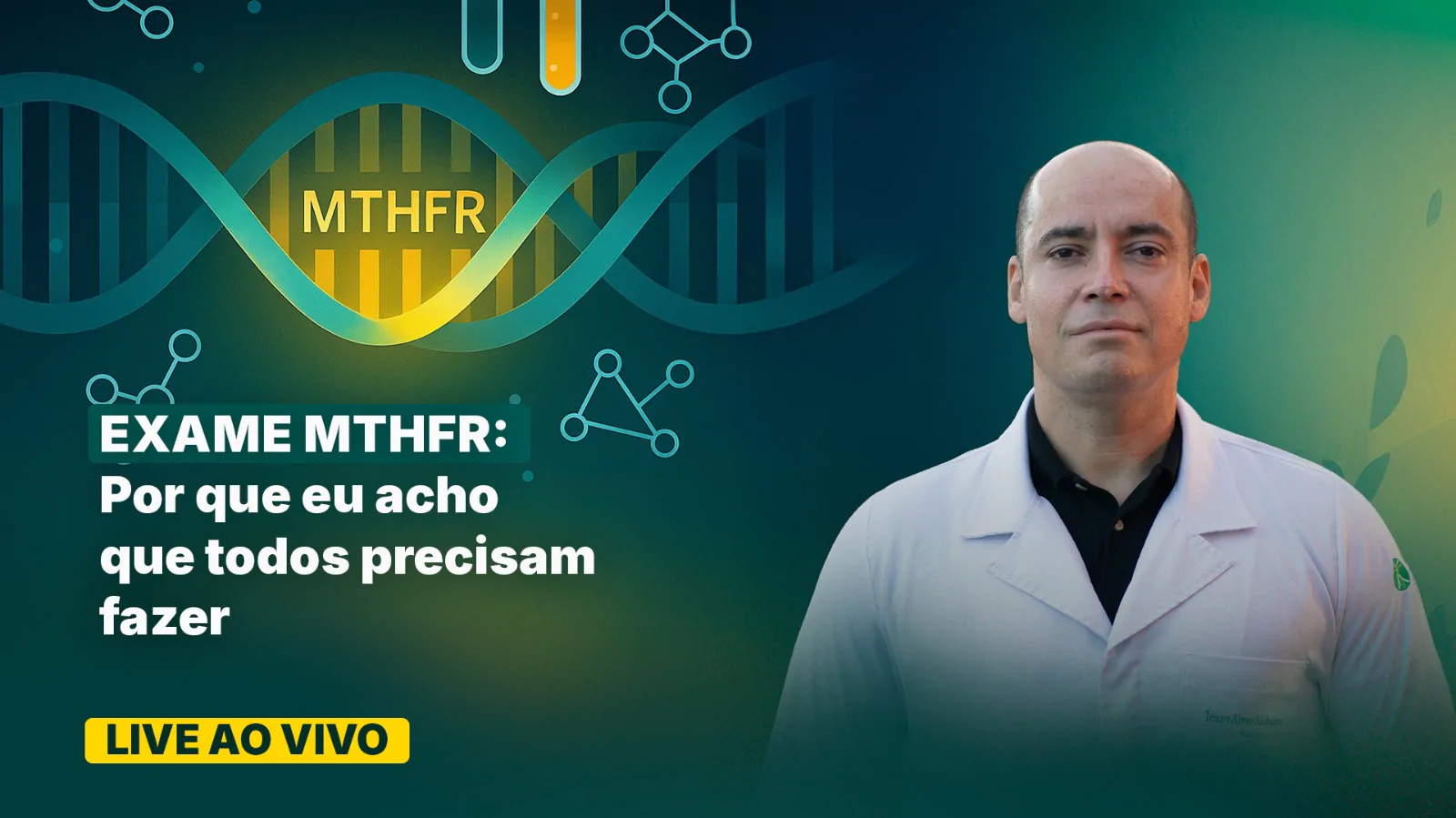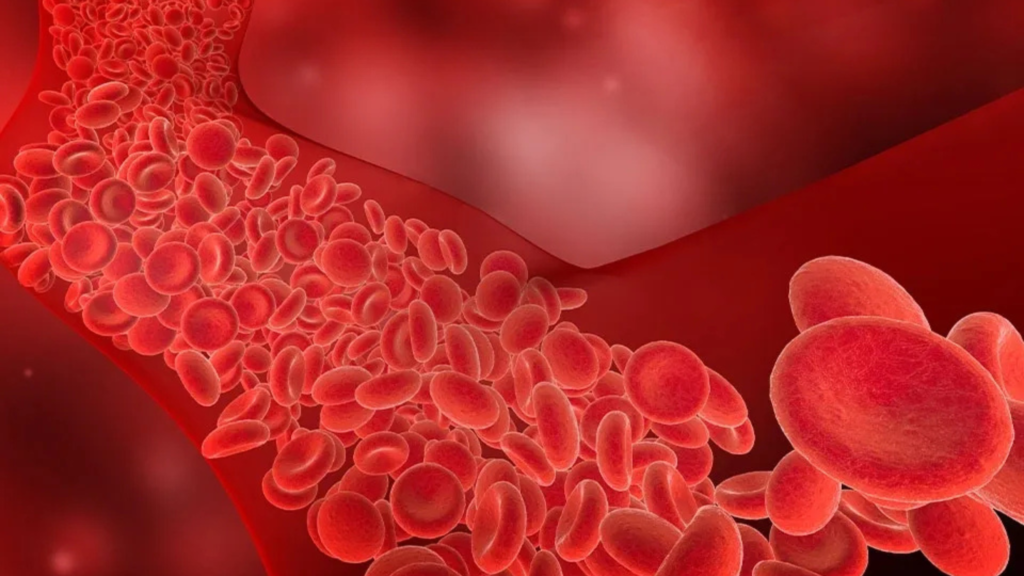Fibromyalgia: Why it's important to know more and better:
- I get a lot of questions on this subject, so I recorded this live, hoping to help you;
- The diagnosis of fibromyalgia is much more frequent than the number of “real cases” of the disease;
- 1 in 30 people have the disorder, mainly women, but more and more children and adolescents are also affected;
- There are many myths about the subject, largely coming from the health professionals who treat it;
- Treating fibromyalgia successfully, effectively and humanely with the patient goes far beyond just prescribing a “drug kit” and telling patients to get used to it, “it's for life”;
- There are no objective complementary tests to diagnose it: in other words, the diagnosis depends very much on the professional who considers it to be considered and treated appropriately.
In a nutshell: Fibromyalgia, according to the official concept, is a neurosensory disorder related to painful stimuli, which causes pain throughout the body. Watch the video with tips and suggestions that can reduce, improve and even cure many of the symptoms of this disorder.
Some important topics for you to know, think about and even apply to fibromyalgia:
✅ What it is:
Fibromyalgia is a neurosensory disorder, a clinical syndrome that manifests itself mainly with pain throughout the body. It is often difficult to define whether the pain is in the muscles or the joints. Patients often say that there is nowhere in the body that doesn't hurt. Along with the pain come symptoms such as fatigue (tiredness), unrefreshing sleep (the person wakes up tired, feeling like they haven't slept) and other alterations such as memory and concentration problems, anxiety, tingling/numbness, depression, headaches, dizziness and intestinal, urinary and weight alterations. A characteristic of people with fibromyalgia is that they are very sensitive to touch and to the compression of points on their bodies.
✅ CAUSE: “Pain in fibromyalgia is caused by an amplification of painful impulses, as if the person had an unregulated ‘volume control’.”
The exact cause is still unknown, However, more recent studies indicate alterations in the secretion of serotonin, noradrenaline and endorphins, as well as an increase in the secretion and action of neurotransmitters that promote increased conduction of pain stimuli. Other studies seem to point to something in the mitochondria, in the synthesis of antioxidants essential for glucose metabolism, including coenzyme Q10, and thus in the manufacture of ATP. Lack of energy significantly affects connective tissues, especially those with a high energy demand, such as muscles, especially at the points of greatest tension, such as tendons and muscles subjected to greater use or strain.
Understand: pain is not something new, but patients shouldn't just “get used to it”!
A common mistake on the internet and in doctors' offices is to underestimate the relationship between fibromyalgia and psychological factors, considering it weak or non-existent. This is absurd! Although there is still no definite cause for fibromyalgia, there is evidence to suggest why some people develop the condition. Studies indicate that fibromyalgia patients have a greater sensitivity to pain than individuals without the condition. In fact, it's as if their brains overinterpret painful stimuli, activating the entire nervous system and intensifying the perception of pain. Fibromyalgia can also arise after significant events in a person's life, such as physical or psychological trauma or even a serious infection, in other words, stressful situations, including psychological ones.
Fibromyalgia does not cause deformities or disabilities, but neither is it “imaginary”. There is a strong psychological component involved, often associated with anxiety and/or depression, suggesting that altered neurotransmitters may be a common factor in both these disorders and fibromyalgia. Altered levels of serotonin, noradrenaline and endorphins, usually reduced, are present in these conditions.
✅ What I observe most in the office (me, Icaro Alves Alcantara, doctor):
- Ask yourself if you really “have” fibromyalgia, “have” fibromyalgia or feel symptoms compatible with the diagnosis, often without having it.
- It seems that fibromyalgia is 100% related to individual forms of stress manifestation (escape valves - some people's Achilles heels).
- There's always a big emotional component attached.
- It seems to be more a symptom of an underlying disorder than a disease in itself (rather than merely a disorder in serotonin or other neurotransmitters).
- It seems that “something” causes the symptoms that are grouped under the syndromic name of fibromyalgia, but this does not guarantee an adequate approach to the clinical picture.
- Some people really are chronically hypersensitive to pain and it seems to be genetic (“by birth”), but I haven't observed this in the majority of cases that come to the clinic looking for relief.
All patients who improve these factors show a significant improvement in symptoms or even “cure” themselves (or total remission of symptoms, as they prefer to call it). It seems that making the body function under less stress, both organic and psycho-emotional, is naturally the best treatment and even cure for fibromyalgia:
- Lifestyle habits (https://icaro.med.br/15habitos/)
- Not sleeping properly can worsen the condition. This results in less muscle relaxation and lower neurotransmitter synthesis, among other things.
- The amount of stress and the way you deal with it are crucial.
- Neurotransmitters and hormones are interlinked (the latter affect the former). It's not enough just to take drugs that optimize the use of the current stock... It's necessary to provide nutrients and conditions for the body to produce more and better, and to deal with them more effectively.
- Detoxification, including of toxic metals where necessary, is important.
- Regular physical exercise is cited by even the most traditional doctors as fundamental for control and treatment.
- Meditation is also recommended.
- Correction and optimization of changes in tests, if symptoms persist after correcting all of the above
*** Fibromyalgia can often be a transient condition, the patient's “Achilles heel”, and not necessarily a lifelong chronic condition.
✅ Who can diagnose and treat: not just rheumatologists!
Look for professionals who go beyond just giving you antidepressants, muscle relaxants, tranquillizers and/or painkillers, but who do nothing to improve/prevent progression or investigate root causes, who don't value the context and other factors that affect you:
- There is often an important role for other hormones: testosterone and GH (affect muscles and joints, their strength, regeneration, among others), progesterone (natural anti-inflammatory), DHEA (modulator of the immune system, actual anti-inflammatory and helps in the production of neurotransmitters and endorphins), low cortisol, hypothyroidism of T4 and/or T3.
- Chronic inflammation should be reduced, as it causes or aggravates symptoms - everything that inflames worsens the condition (gluten, milk, sugar, bad habits, among others).
- Medicines can cause adverse effects, such as statins.
- There are no specific diagnostic tests.
- Palpating various pain points on the body can indicate various conditions, including psycho-emotional ones, which are accompanied by generalized pain.
- Thermography is a test that can help, but it is not specific and widely accepted by more traditional health professionals.
- Homeopathy and acupuncture often help!
- There is a genetic component, but it's not that decisive: genetics is a tendency, not a sentence.
- Being positive helps - negativity aggravates symptoms! (Interesting words from a well-known rheumatologist). In other words, the patient's mental state is an important causal or aggravating factor.
✅ MYTH, in my opinion: “There is no cure for Fibromyalgia, but it is not a progressive disease” - “Fibromyalgia should not be seen as a disease that requires treatment, but rather as a clinical condition that requires control”. As I said, MYTH: I regularly see people who actually get better and never have the “disease” again.
✅ Conventional treatment (doesn't act on the causes and usually doesn't address all the symptoms or isn't very effective, often requiring frequent dose increases, potential for addiction):
- Analgesics
- Sleep remedies
- Anti-inflammatories
- Antidepressants
- Botox
- Muscle relaxants
- Anticonvulsants
✅ Basic treatment that I find “works best” in most cases (check with your trusted, competent and up-to-date health professionals):
- Optimizing lifestyle habits is the most important thing.
- Identify vitamin and mineral imbalances and correct them.
- Detoxify and deflate.
- Optimize neurotransmitters and hormones.
- Correct test changes (those that are real and persist after correcting the above points).
- Reduce stress and deal with it better.
- Acupuncture, meditation, yoga, tai-chi, hydrotherapy.
- Regular physical exercise is important.
- Magnesium (common deficiency in the general population).
- Melatonin.
- SAMe.
- D-ribose.
- Chlorella.
- 5-HTP.
- Coenzyme Q10.
- Acetyl-L-carnitine.
- Omega-3.
- Vitamin D3.
- SOD, an antioxidant enzyme generally with lower levels in fibromyalgia patients.
- Vitamins A, C, E and zinc (check for common deficiencies).
- B-complex vitamins.
- NADH (which helps recycle CoQ10).
- Probiotics (since intestinal dysbiosis worsens nutrient absorption and produces pro-inflammatory mediators).
My final suggestion: I really suggest that you look for health professionals to accompany you who value these points, mentioned above.





















